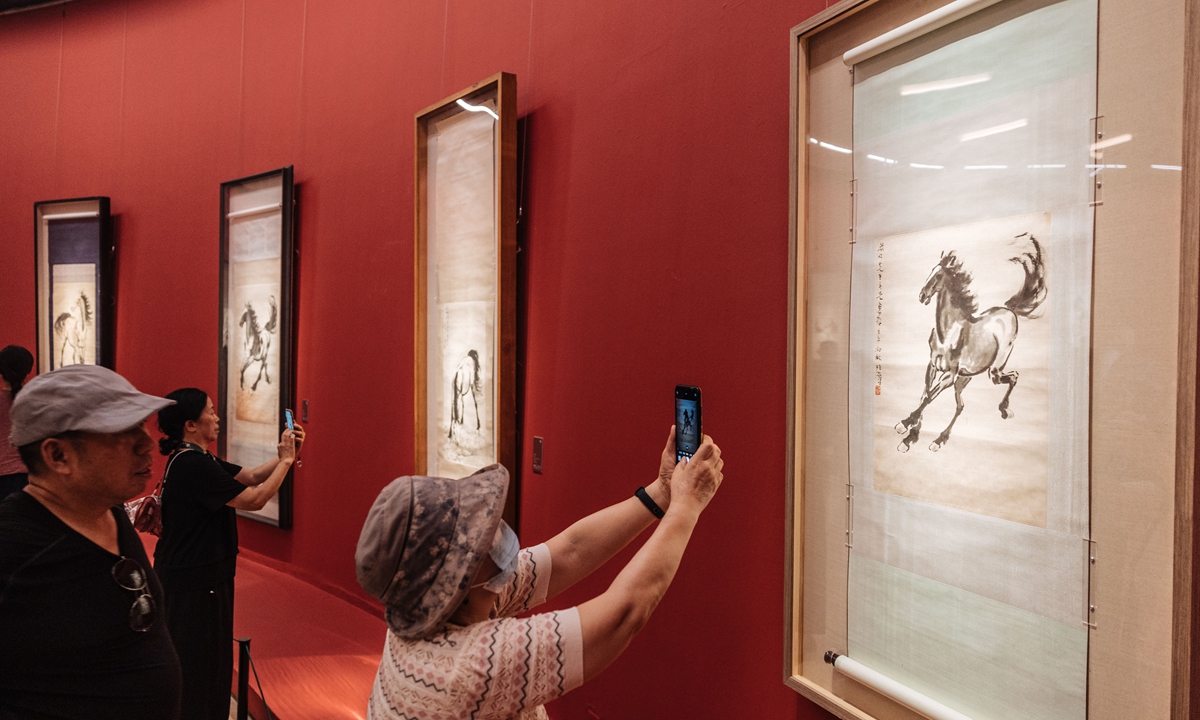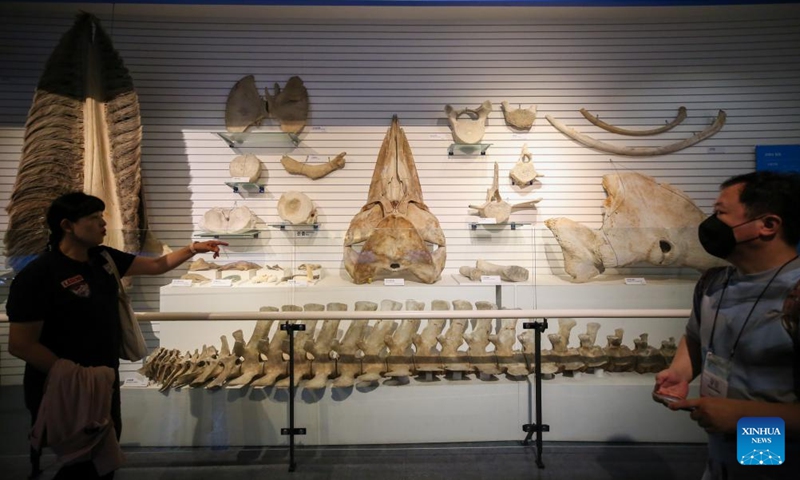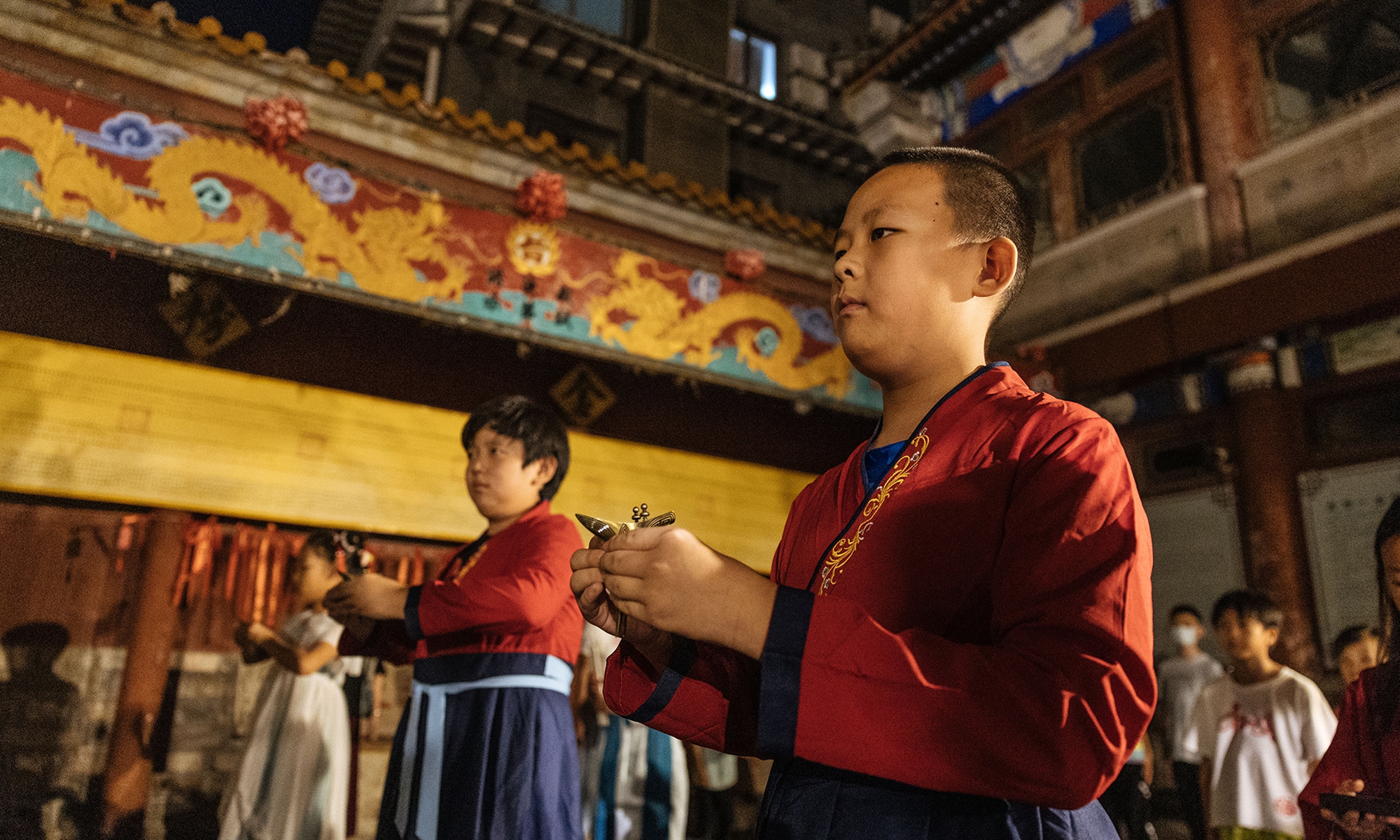Regulations recommend ‘white, black’ list system
Government seeks to prevent misleading museum tours

Photo: Li Hao/ Global Times
Aiming at enhancing museums' tour guide services and eradicate erroneous information, an instruction was issued by the National Cultural Heritage Administration of China with specified regulations for non-museum tour guides.
Cultural sociologist Chu Xin told the Global Times that the regulations are a "needed step to better public cultural education."
The guidance also indicates that museums should seek ways to establish mechanisms for training and assessing, and certifying "societal-level" museum guides.
As to what counts as a "societal-level museum guide", cultural creative industry expert Yao Yu told the Global Times that it includes individuals such as amateur history lovers, social media streamers and tour guides.
"Between visitors' lack of knowledge about a museum and also the fact that some museums are having trouble providing enough tour guide services, there is a leeway for societal-level individuals to run their own cultural businesses," Yao noted, adding that it is often difficult to ensure the quality of these third-party services and that they can often be misleading.
A recent incident at Beijing's National Natural History Museum of China that was exposed online involved a guide delivering incorrect dinosaur knowledge to a group of primary school students. The guide was later identified by netizens as the team leader of a privately run educational group organizing events for children during the summer holiday.
"Cases like this are numerous and occur with targeted consumer groups like children and also foreign visitors. The museum should have a way to cope with these misleading incidents," said Yao.
Listed in the guidance, museums and their related administrative departments should strictly supervise the contents provided by private guides. The museum should also carry out inspections to discover wrong acts such as distortion of historical facts and jokes about history. Those who make severe mistakes will be included on a "black list," Yao said.
Chu also told the Global Times that this "black and white list" mechanism reveals that non-affiliated museum guides have "not been banned, but they just need adjustments."
"Qualifying good private guides also has advantages such as making up for the talent shortages at museums and promoting the cultural scene among the public," Chu noted.
Other than regulations for tour guides, the guidance also called for moderately increasing the frequency of free museum tour services. It encouraged museums around the country to host free cultural activities for the public by inviting curators, scholars and cultural experts as guests.
The guidance also suggests that local museums should make extensive use of modern technologies such as AI and virtual tours to improve visitor services.


